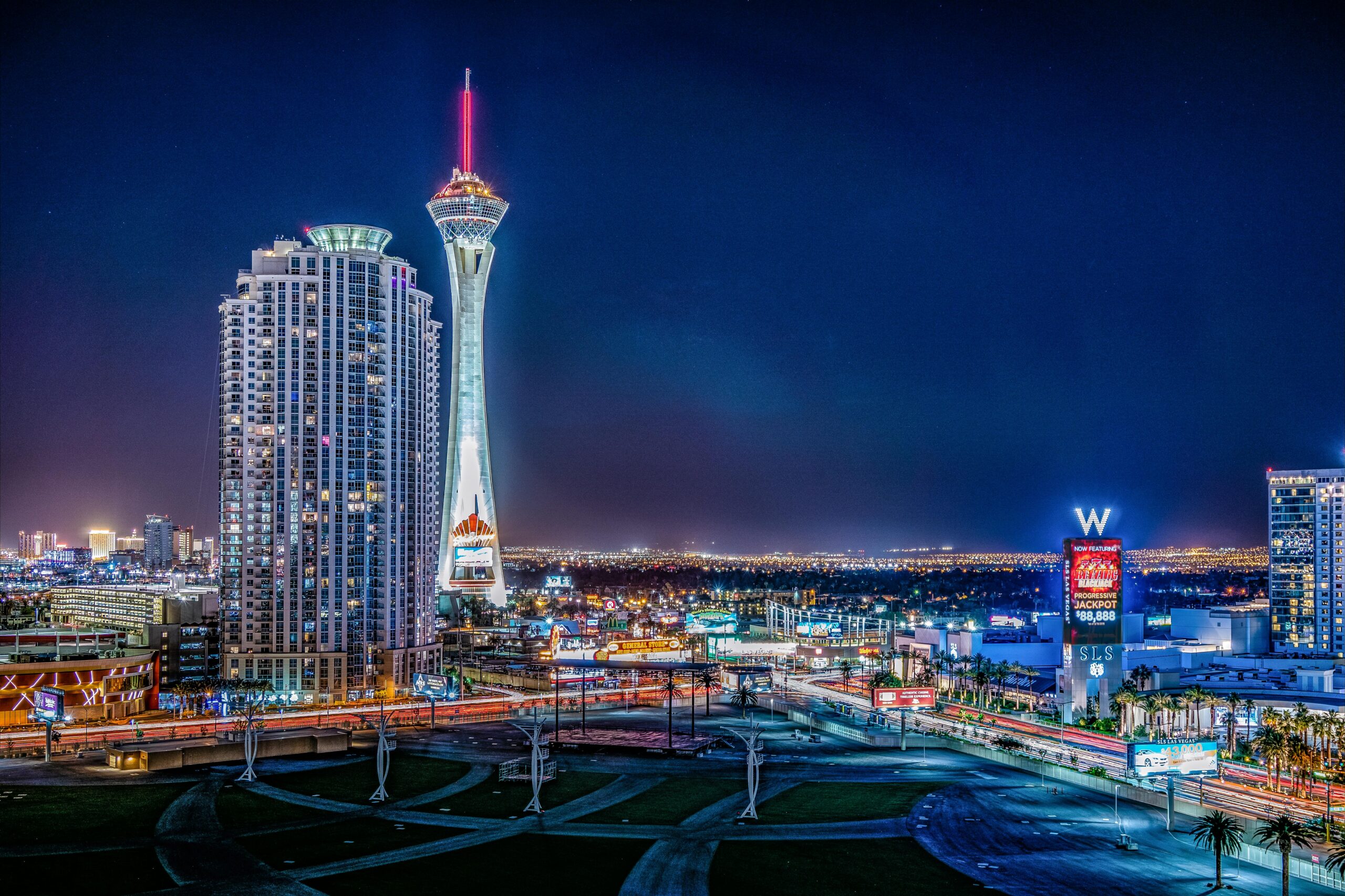As the entertainment industry continues to thrive in the United States, it faces an urgent need to address its environmental impact. From film and television production to live events and music festivals, the demand for sustainable practices is more pressing than ever. This blog explores the initiatives and innovations in entertainment sustainability across the USA, highlighting the steps being taken to create a greener future for the industry.
The Environmental Footprint of Entertainment
The entertainment industry is known for its high energy consumption and waste generation. Major film productions can produce thousands of tons of waste, and large-scale events often require extensive resources. The carbon footprint of these activities can be significant, contributing to climate change and environmental degradation.
Recognizing these challenges, industry leaders are now prioritizing sustainability in their operations. By adopting eco-friendly practices, the entertainment sector can significantly reduce its environmental impact while also appealing to an increasingly environmentally-conscious audience.
Sustainable Practices in Film and Television
- Green Production: Many film and television studios are now implementing “green production” practices. This includes using renewable energy sources, such as solar or wind power, to run sets, and opting for eco-friendly materials in set construction. For instance, films like The Martian and Avatar have set benchmarks by reducing their carbon footprints through efficient resource management.
- Waste Reduction: Studios are also focusing on waste reduction by recycling set materials and using digital scripts to minimize paper waste. The use of sustainable materials for costumes and props is becoming more common, with designers seeking to create pieces that can be reused or repurposed after production.
- Carbon Offsetting: Several production companies are investing in carbon offset programs to balance out their emissions. This includes funding renewable energy projects or reforestation initiatives, allowing them to contribute positively to the environment even as they produce content.
Greening Live Events
Live events, including concerts, festivals, and sports, have also begun to embrace sustainability:
- Eco-Friendly Venues: Many venues are now incorporating sustainable design elements, such as energy-efficient lighting and water-saving fixtures. For instance, the Staples Center in Los Angeles has achieved LEED certification for its commitment to sustainability.
- Waste Management: Event organizers are increasingly adopting waste management strategies, such as composting, recycling, and reducing single-use plastics. Major music festivals like Coachella and Lollapalooza have implemented initiatives to encourage attendees to reduce waste and promote recycling.
- Transportation: Sustainable transportation options are being promoted to reduce the carbon footprint of attendees traveling to events. Shuttle services, carpooling incentives, and public transport partnerships are becoming more common in event planning.
Innovative Technologies and Partnerships
- Sustainable Streaming: As streaming services continue to dominate the entertainment landscape, companies are looking for ways to reduce their environmental impact. Some platforms are exploring energy-efficient data centers and carbon-neutral streaming options, ensuring that their digital footprint aligns with sustainability goals.
- Collaborations with Environmental Organizations: The industry is forming partnerships with environmental organizations to promote awareness and action. For example, initiatives like the “Green Initiative” in Hollywood involve collaboration between studios and environmental advocacy groups to set sustainability standards.
- Education and Advocacy: Many entertainment professionals are using their platforms to educate audiences about sustainability. Through documentaries, social media campaigns, and public appearances, they are raising awareness of environmental issues and encouraging sustainable practices within the industry and beyond.
The Future of Entertainment Sustainability
The push for sustainability in the entertainment industry is still in its early stages, but the momentum is growing. As audiences increasingly demand environmentally responsible practices, it is likely that more productions will adopt sustainable methods. The entertainment sector has the potential to not only entertain but also educate and inspire change, making a lasting impact on society.
In conclusion, entertainment sustainability in the USA is an evolving landscape. As industry leaders and audiences alike recognize the importance of protecting our planet, we can expect to see innovative practices and collaborative efforts that pave the way for a greener future. By embracing sustainability, the entertainment industry can set a powerful example for others to follow, proving that entertainment and environmental responsibility can go hand in hand.















Leave a Reply